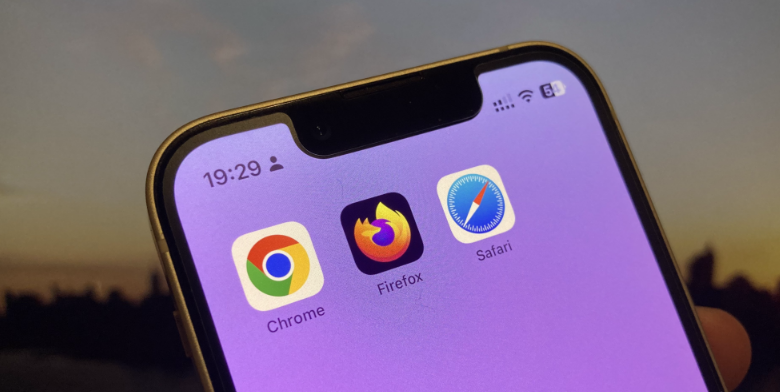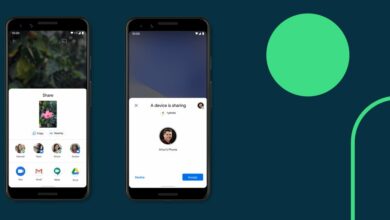
Google and Mozilla criticize Apple for new rules for browsers on iPhone
Representatives for Google and Mozilla have expressed their displeasure with Apple’s rules for browsers on the iPhone. To comply with European Union legislation, the apple brand has released its own rendering engines for each browser, but this will only apply to the countries of the bloc.
Damiano DeMonte, a Mozilla spokesman, commented on the matter. “We are extremely disappointed with Apple’s proposed plan, which restricts the recently announced BrowserEngineKit to specific European Union applications,” he told The Verge.
He reckons that this restriction forces developers to maintain two versions of their browsers: one for the European Union, with its own rendering engine, and another for the rest of the world, with Apple’s own WebKit. “This is a burden that Apple itself won’t have to carry,” the Mozilla representative fires off.
DeMonte’s remarks were backed by Parisa Tabriz, vice president of engineering for Google Chrome. “Apple is not taking the choice of browsers or [rendering] engines in iOS seriously,” he commented on his X (formerly Twitter) account.
For Tabriz, Apple’s strategy to follow EU rules is “extremely restrictive” and will not give real choices to browser developers. For a year now, Google has been working on a version of Chrome for iOS with the Blink engine, the same one used on other platforms.
Apple forced you to use WebKit on the iPhone
Among the restrictions of iOS is that of the browser rendering engine: everyone needs to use Safari’s WebKit. In practice, this means that there aren’t any major differences between the browsers you find on the App Store. They may vary in interface and features, such as syncing, but they will all display the pages in exactly the same way.
Apple, however, has been forced to change that in the European Union as part of the bloc’s new laws, which aim to prevent tech giants from favoring their own products and stifling competition.
The company also had to release sideloading, as the installation of applications “outside” the official store is known. As with browsers, the apple company’s proposal did not please, mainly because it charges € 0.50 annually per user. Meta’s Mark Zuckerberg and Spotify’s Daniel Ek criticized the company for the fees.




